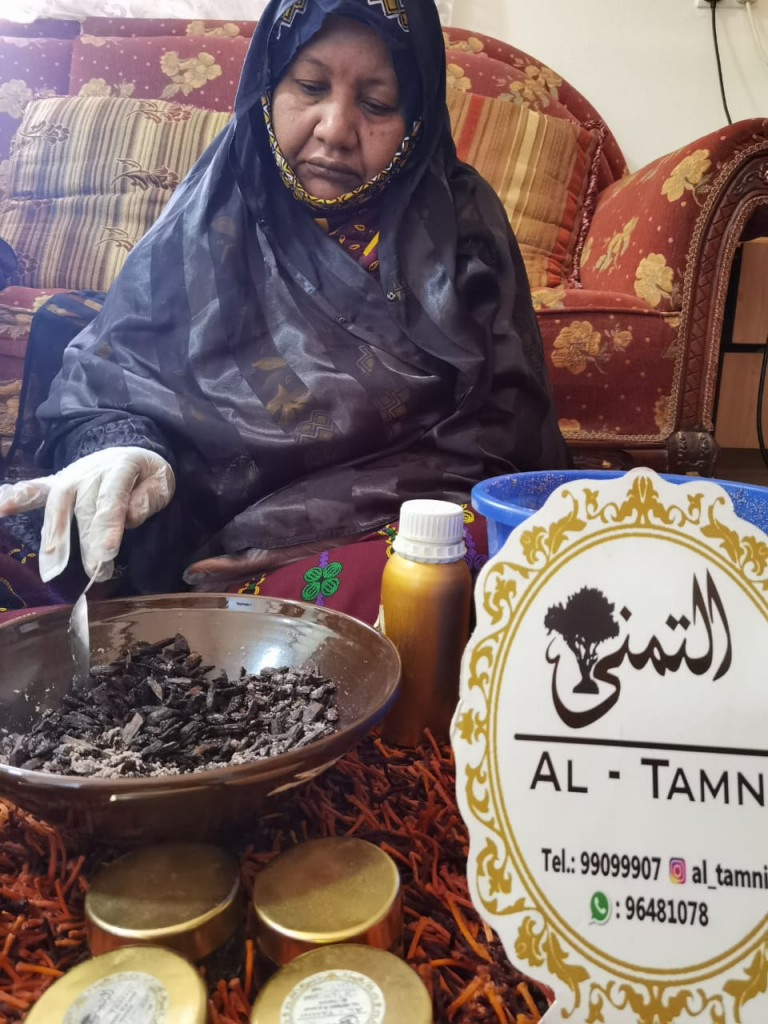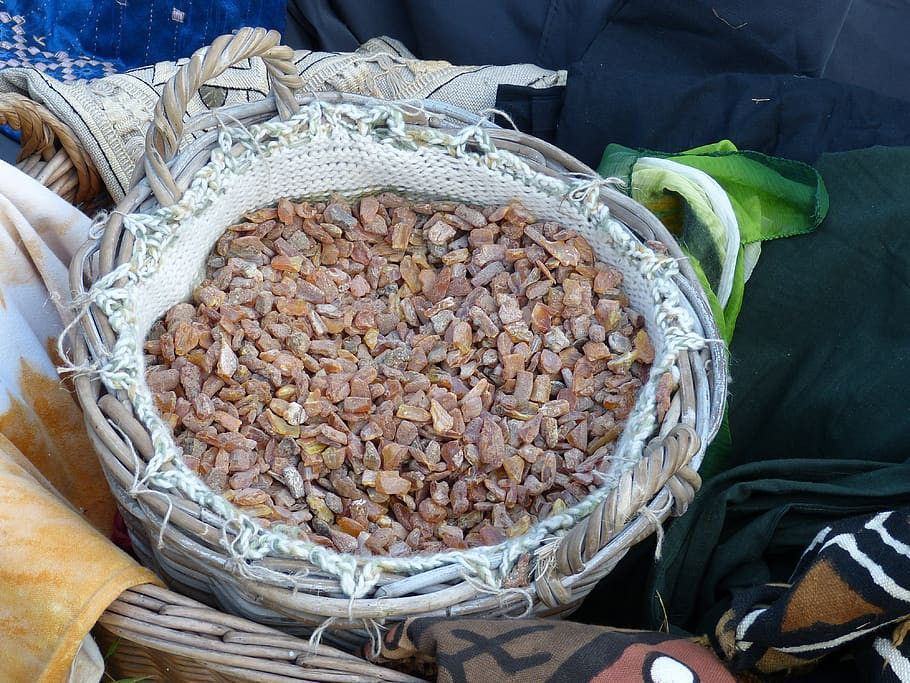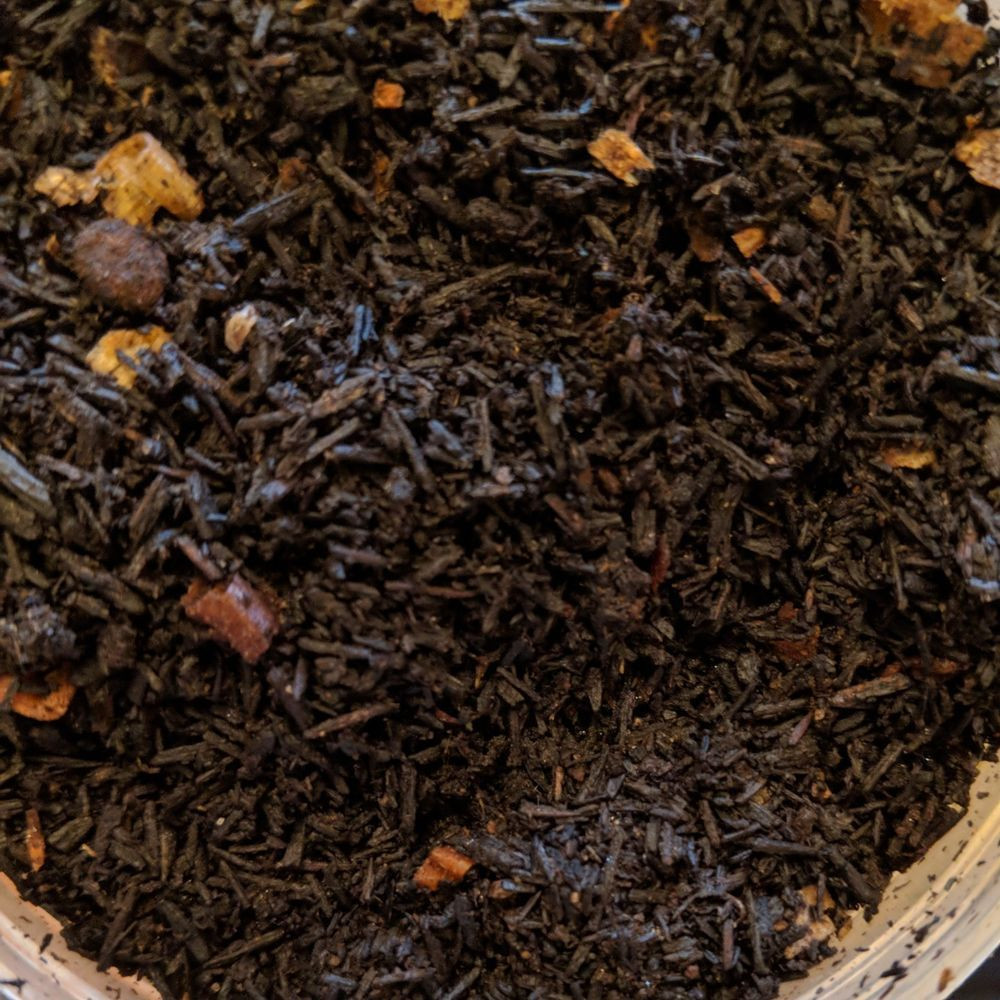
NADIYA SUBAIH AZBOOT BELAL
Not a day passes by without Nadiya Subaih Azboot Belal encountering one challenge or the other. For this 60-year old grandmother, bukhoor maker and seller, from the New Salalah area in Salalah, facing one challenge after the other has become part of her daily routine, so much so, she has learnt to accept it.
Lean on me
But when it gets too much, she leans on her beloved mother, Mabrookah Al Barak, a real pillar of support and inspiration for Nadiya and someone whom she could rely on even in the worst of situations.
Happy with the small things
And during such moments, she also burns some of her own bukhoor to ward off the bad luck that could be surrounding her or her family. And soon enough, as plumes of the scented smoke wafts through the room of her home, where she runs her home-based bukhoor business, things settle down, her mind clears; her heart becomes calm, sometimes even a little bit happy. “It is not the big things – we are all happy with small things. Small, positive changes in our monetary situation, in our life, in our family, in our health…all of it gladdens our hearts,” Nadia tells the Purple, her smile shining like tiny stars in the thick fragrant bukhoor smoke.

Living with her mother
Nadiya is a divorcee with six children (she had seven children but one of her sons had passed away). She has three boys and three daughters and after her divorce, she joined her mother. “Now all my children have grown up and are married, Alhamdullilah. After my divorce, I took my children and went and lived with my mother and we are still living with her.”
Making up for her lost studies
Her father passed away when she was very young. So, being the eldest amongst her siblings, Nadiya was forced to abandon her education and assist her mother with the responsibility of running the home. “So, I could only manage my education upto the primary level.” And she never had a chance after that too as she was caught in the whirl of responsibilities of looking after her own family. Today, however, she vows to immerse herself in Islamic studies.
As the fragrance of the bukhoor gently wafted through the room, Nadiya slowly unveiled her story.
Financial dilemma
Getting divorced and the great responsibility of looking after seven children suddenly thrust on her pushed Nadiya into another real dilemma — she was also staring at a financial crisis that loomed dangerously above her. “I felt totally alone and up against a wall. Of course, I had social security support – but that was only OMR120, which barely covered our expenses. There was no way I could survive without doing something. But my mother had always taught us one thing — to fight back even when you are pushed against a wall. Whenever I felt lost and was on the verge of breaking, I would remember her words.
So, it kept me from breaking apart. I fuelled myself with her strength and set my mind to seek alternatives for more income for us. “So, I tried everything — selling clothes and material, which I used to get from Dubai and also bukhoor and perfume. But, selling clothes proved to be a tough and unprofitable business. I soon had to give that up. I continued with selling bukhoor and somehow that sustained us.”

Neighbour’s lessons well learnt
Nadiya learnt the art of bukhoor making from her friend’s mother. “They were our neighbours. My friend’s mother was quite inspiring. She wanted us both to learn how to make bukhoor and she took great pains to teach us (how to make it). Although we were not quick to learn, my friend’s mother never gave up on us. She was the type of woman who believed, as per her religion, that there is no better deed than teaching someone a craft – that is considered to be one amongst the greatest deed to be done and for which one would get rewarded. Now 30 years have passed since I have learnt it and began this home-based bukhoor business. Our lives changed with this simple lesson that I learnt from our neighbour — I owe it all to my friend and her dear mother.”
Learnt it the hard way
But Nadiya did not transform herself into a bukhoor maker or seller overnight. Both the art of selling and starting a business was tough and Nadiya learnt it the hard way. “I learnt on the way but it was a tough lesson every day. Nothing came easy. It was only after 25 years of home-based business that I finally got registered with the Public Authority for Craft Industries (PACI). “And registering the business there brought me good results.
Great need to expand
“I realised that selling from home alone was not enough. I really had to expand. Some people suggested that I should get into festivals or exhibitions, but it was not easy to do so. But, Alhamdulillah, we finally got an entry to the Khareef Festival because we registered with the PACI; we also got to rent out a shop in the craft souq for a nominal fee. Since selling from home was hard, I thought it would be easy to sell from the souq. We even gave a name for the enterprise – Al Tamni National Trading Establishment. But, it did not work out and soon we were forced to shut shop.”
Al Tamni in Al Baleed Museum
The PACI gave her another opening – a chance to open an outlet in Al Baleed Museum. “Although we started Al Tamni in the souq, we still consider the one in Al Baleed Museum as our first shop. We have now completed a decade there and the shop has become a real tourist attraction. The best part is that we are able to display our bukhoor products and perfumes as well as leather and palm frond products made by Omani craftswomen,” Nadia noted. When they participate in the Khareef festival, they put up an outlet under Al Tamni banner at the Heritage Village (of the festival). “We also participate in the tourist exhibition.”
Family-run business
“We are self-dependent. In the sense, my sisters and I or my daughter take turns in sitting at the museum outlet. We repeat the same process during the festivals as well. It works very well for us. So far, we have not hired anyone from outside the family circle,” Nadia disclosed. “Our production is still done at home. I have a special room for that. I am diabetic so my daughters are doing their bit to support me,” she said, noting however that they are hoping to move the production to an outside facility. “We are also actively planning for a second shop, which will have an in-house production facility.”
Pandemic hit
Currently, their work is also affected by the pandemic. “The museum is currently closed down and the Khareef festival was also not held owing to the pandemic. However, we have a small Instagram page and we are surviving by selling through that; we also rely on Whatsapp to market our products,” Nadia said.
15 perfumes, 19 bukhoor products
Nadia noted that they have currently around 15 products of perfumes; 19 bukhoor products — from traditional to mixed scents, which are further blended to cater to a variety of preferences.
Second mother to her sisters
Nadia noted how each day was a challenge for her. “I started alone so naturally, there were plenty of challenges. But, today, thank God, my sisters are there to support me too. I think I am blessed in that way. Since I am the eldest, I am not just the elder sister – but, a second mother for all of them. Work is a challenge because we are in a market that is rapidly evolving. And we have to move with the times, which is again a challenge. If we focus on developing the business, we need to be financially sufficient. But when money crunches come in, it affects production and we get caught in the whole vicious circle.
Getting loans is not easy
“We need funds to develop and market our brand. But for example, if we just need to patent or copyright our product, we have to spend over OMR400. We are still only a small and medium enterprise (SME).
Very supportive officials
“The PACI and the Riyada support us in terms of helping to participate in events and exhibitions, but we are unable to be a part of the international exhibitions,” she said that she was totally indebted to both the officials of PACI and Riyada and also those at Al Baleed Museum. “Those officials at Al Baleed Museum are very supportive,” she said.
To go international
Nadiya’s dream is to make her company into an international one. “And we also want to expand our store, including a facility for production and storage,” she said, adding that she has never hesitated to grab the opportunities that come her way. “We have always participated in events and exhibitions; we have been with the Khareef festival at a very early stage and we have also participated in other events in Salalah. In Muscat, we have been participating in Ibdaat Omaniya for six years now. “Now, we are hoping to have branches in other areas of the Sultanate. We also hope to promote and market our products online, not only through Instagram but other online platforms too.”
A mother as well as father
Before she concluded, she said that she wanted to make a small tribute to the one person who stood by her even when fate cast her in a storm – her beloved mother. “I consider myself blessed that I have a mother like mine. She has always been the shoulder that I could lean on through all my challenges and crises. She has been a phenomenal support and is a truly inspirational woman. Everything that I am today is because of her. I have been dependent on her and she has always been there even to take care of my kids. She was both – a mother and father to me.”
(al_tamni instagram)
(*) Bukhoor is made by hand using wood chips (mainly agar wood / aloes wood) soaked in fragrance oils, spices etc. Bukhoor or Bakhoor translates to ‘incense’ and originates from the Arabic word ‘bukhar’ meaning steam, vapour or fume. It is burnt atop charcoal in an incense burner to emit fragrant smoke. It is used for special occasions, social gatherings, and also on a daily basis for scenting clothes and furnishings. Much is written about the benefits of bukhoor, especially its ability to calm the nervous system – Source: Net.

0 Comments